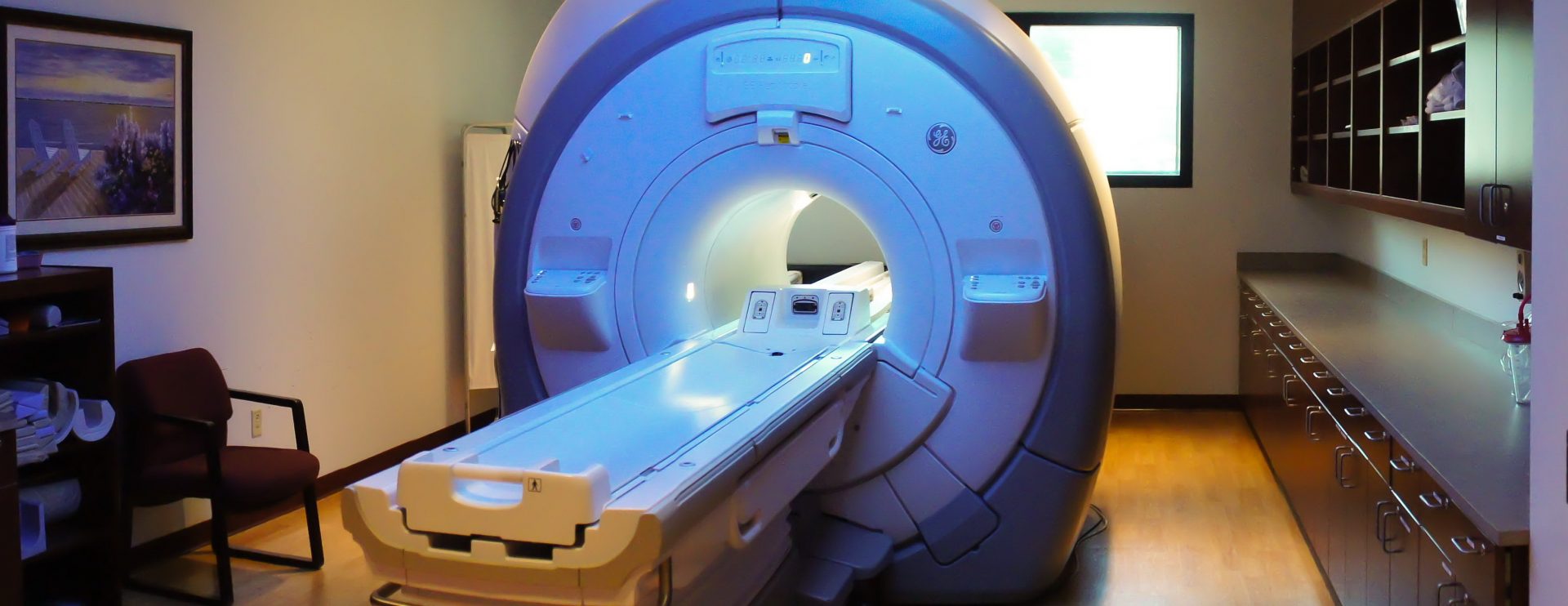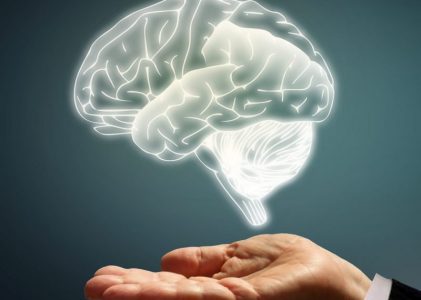Magnetic Resonance Imaging Services at GWIC
Magnetic resonance imaging, which is also known as MRI, is a diagnostic imaging test that is non-invasive, pain-free and critical for accurately diagnosing and treating an array of medical conditions. Physicians use MRI to diagnose and evaluate treatment options for a variety of medical conditions.
The MRI scanner is comprised of a complex system including the high-resolution magnet, which creates the magnetic field, pulse sequences created by radio frequency waves that transmit the images, and a sophisticated computer which is operated by highly trained radiologic technologists. Combined, these tools and technologies take pictures of parts of the human body that would otherwise be impossible or difficult to visualize.
Magnetic resonance imaging is the technological modality that capture images of the body’s soft tissues and organs, including these anatomical systems:
- Cardiovascular
- Gastrointestinal
- Genitourinary
- Musculoskeletal
- Central Nervous
MRI scans provide radiologists with incredibly detailed and clear images of internal structures of the human body that otherwise would not be visible using other imaging methods or available in all three planes to provide a 3d representation.
The images provided by MRIs are more detailed than those created from X-rays, ultrasounds and CT scans. This allows physicians to make better decisions about diagnoses, treatment options, and the efficacy of treatments.
Magnetic Resonance Imaging Indications
Physicians request MRIs for a variety of reasons, including:
- To rule out infection or the presence of tumors
- To get more detailed images of the anatomy
- For continued monitoring and follow-up after treatment
- For image guidance for biopsies and surgical planning
- For evaluation after other tests have been inconclusive
- To provide functional information, especially in the brain
- To image the vascular system non-invasively
Magnetic resonance imaging is a powerful tool in helping physicians properly diagnose and treat a variety of conditions that affect the entire body. Our MRI services include:
Orthopedic
These are scans of the long bones, joints, and soft tissue, which include the shoulder, humerus, elbow, ulna, radius, wrist, hand, fingers, hip, femur, knee, tibia, fibula, ankle, foot, and toes. There are also special exams called Arthrograms, which include injecting MRI contrast into the joint and allowing the Radiologist to visualize any tears. Most of these scans are performed due to pain and injury.
Neurological
These are scans of the brain, entire spine, and blood vessels of the head and neck, which include the brain, IAC (inner auditory canal), orbits, cervical, thoracic, and lumbar spine. There are also special exams called MRA (Magnetic Resonance Arteriogram), which is performed to visualize the carotid vessels as well as other vessels in the head, and MRV (Magnetic Resonance Venography), which allows the Radiologist to view the vessels in the head. Some symptoms that require these scans are CVA (CardioVascular accident), metastatic disease, stroke, back pain, hearing loss, memory loss, decreased vision, pseudotumor, etc
Breast
A breast MRI is performed for patients with dense breasts, a strong family history of breast cancer, and BRCA+. Breast implants are also scanned for cancer screening or questions of rupture. MRI-guided breast biopsies are also performed here and are performed to remove cells from a suspicious area, which is then sent to a laboratory for pathology to determine diagnosis.
Body
There are scans of the abdomen, liver, kidney, pelvis, prostate, and Chest as well as MRA of the chest and kidney and vessels of the legs. These exams are performed for various reasons including uncontrolled high blood pressure, kidney and hepatic stones, vascular disease, etc.
Cardiac
Cardiac Magnetic Resonance Imaging is used to detect or monitor cardiac disease and to evaluate the heart’s anatomy and function in patients with both heart disease present at birth and heart diseases that develop after birth. Cardiac MRI does not use ionizing radiation to produce images, and it may provide the best images of the heart for certain conditions.
Ophthalmic
There are many different conditions that an MRI can bring to the fore, including stroke, transient ischemic attack (mini-stroke), brain tumor, or myasthenia gravis. These are all life-threatening conditions. Other conditions, such as third cranial nerve palsy, may show that you have a brain aneurysm, and this can be serious because it causes bleeding in the brain, which often leads to death. The ophthalmologist may be led to conclude that you are suffering from any of these conditions due to symptoms such as drooping eyelid, dilated pupil (it shows that something is going on with your blood vessels), or even an in-turned eye. Your eye doctor may also diagnose a tumor of the optic nerve.
Greater Waterbury Imaging Center specializes in MRI scans for patients in the greater Waterbury, CT area. For people who have claustrophobia, the scanner at Greater Waterbury Imaging Center is a wide-open bore magnet. We are committed to providing you with easy access to care, a comfortable exam and fast, accurate results. Physicians and patients throughout our community depend on us to provide exceptional MRI services. GWIC is located on the campus of Waterbury Hospital, adjacent to the Emergency Department. We have our own private, gated parking area for the convenience of our patients. If you are looking for an experienced and professional facility to have your MRI scan, contact us for more information or to set up an appointment for your patients, call 203-573-7674.


